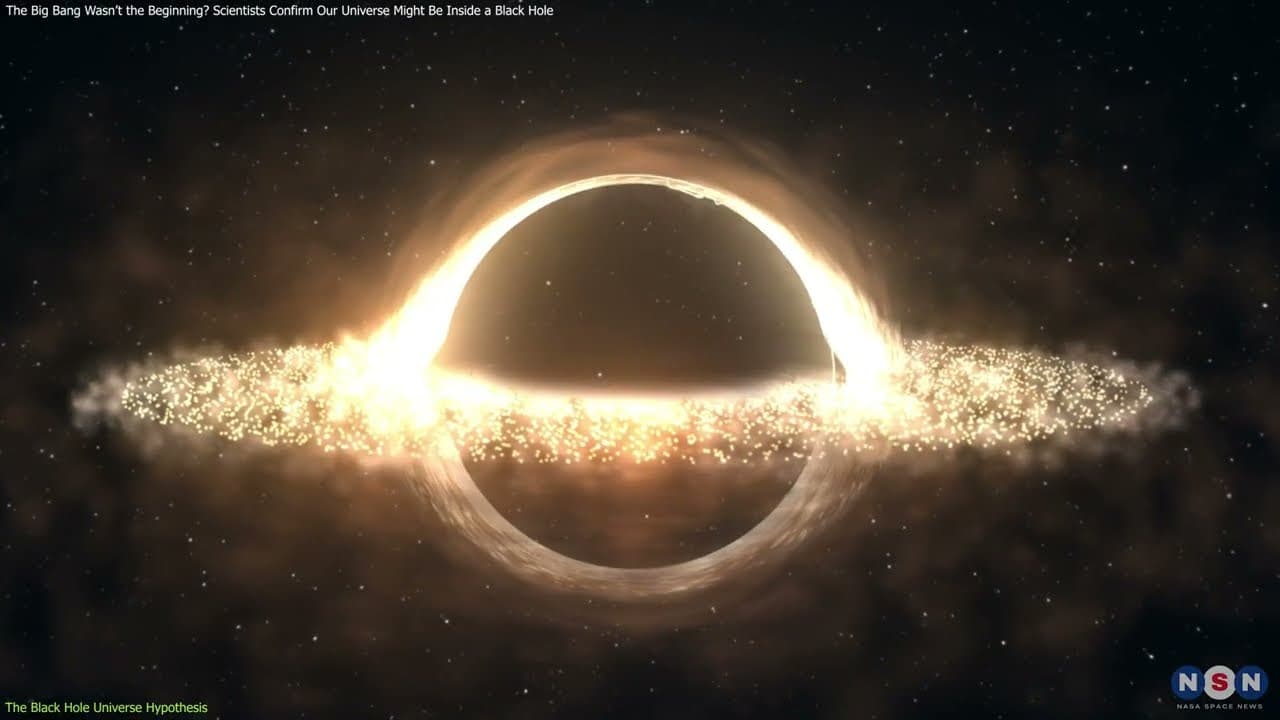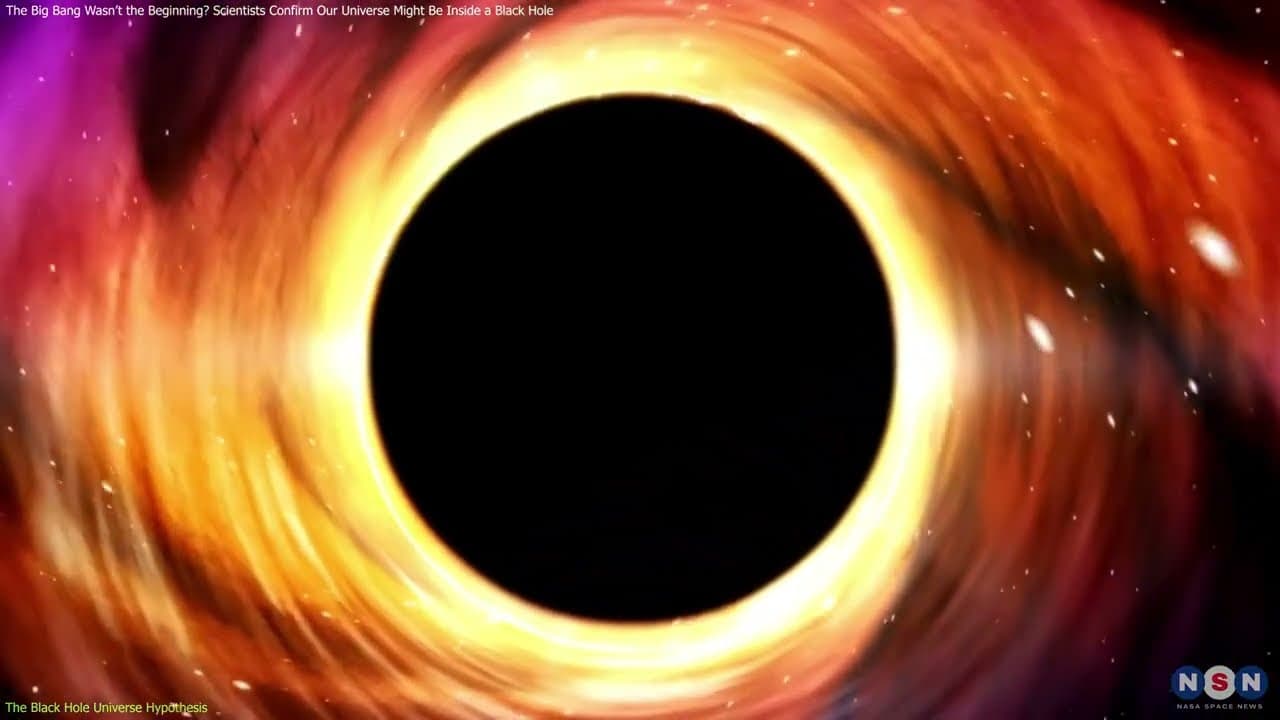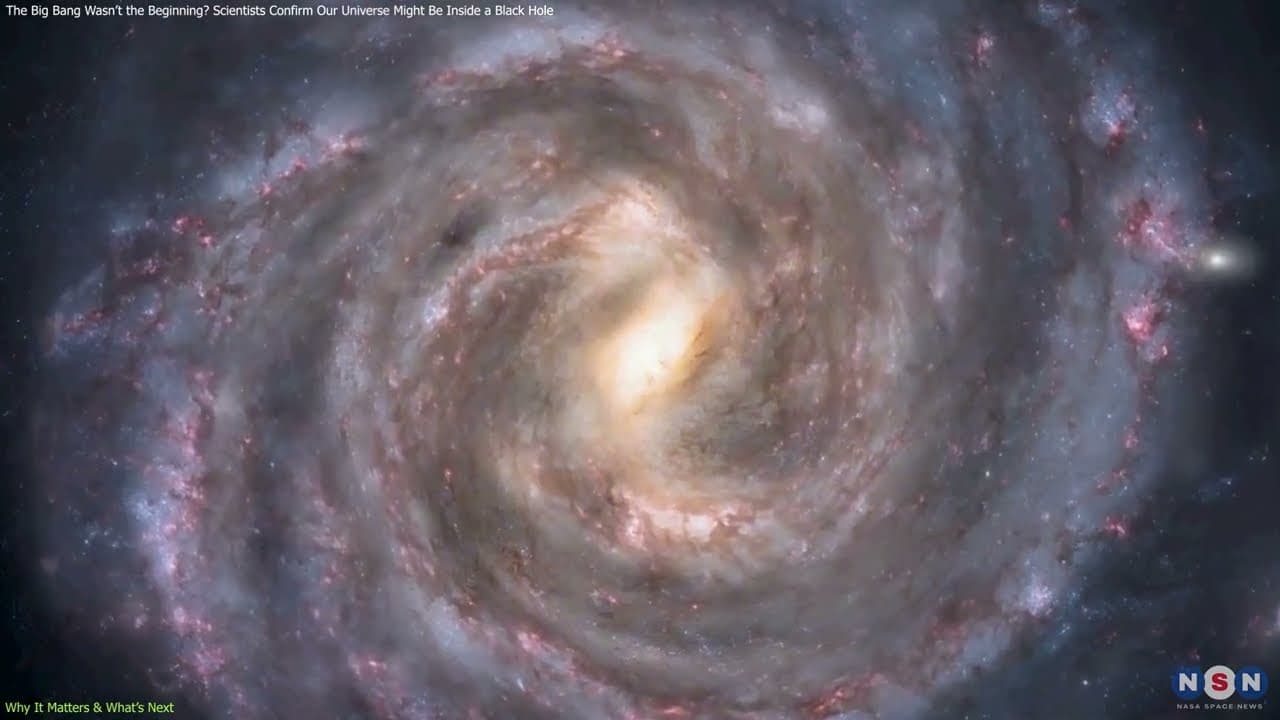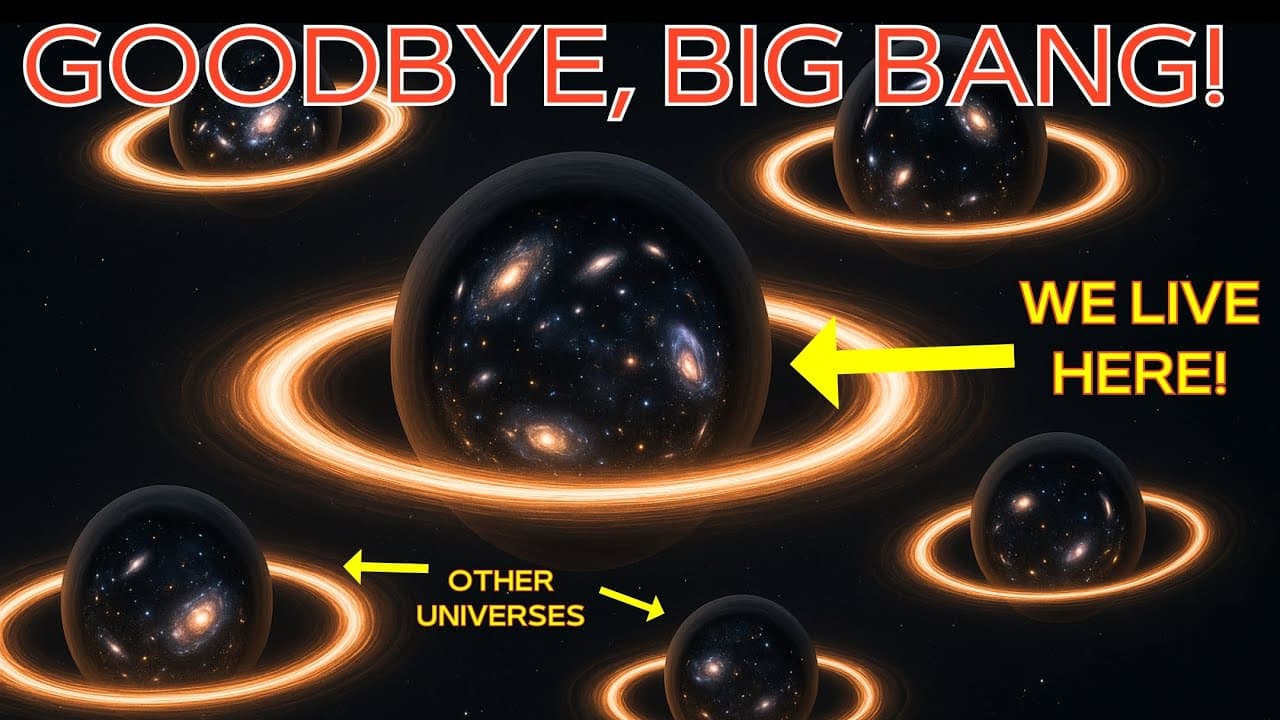Challenging the Universe's Secrets
I never imagined that peering into the cosmos could upend everything we know, but recent discoveries from the James Webb Space Telescope have me questioning if our universe is truly as random as we thought, hinting at hidden alignments that might trace back to a black hole's influence.
TL;DR
I uncovered JWST's surprising galaxy rotation patterns that defy expectations of a uniform universe.
This imbalance, with most galaxies spinning clockwise, sparks curiosity about a cosmic handedness shaping early structures.
It leads me to explore black hole cosmology, where our universe might have inherited a spin from a parent black hole.
These findings challenge standard models and hint at resolving mysteries like the Hubble tension, urging deeper investigation.
As I reflect on these anomalies, they raise thrilling questions about the universe's origins and our place within it.
I remember the moment I first heard about the James Webb Space Telescope's revelations; it was like a puzzle piece that didn't fit. In a study led by Leor Shamir at Kansas State University, researchers analyzed 263 galaxies formed just 300 million years after the Big Bang, revealing that about 60% rotate clockwise while only 40% go counterclockwise. This wasn't just a minor quirk; it contradicted the idea of an isotropic universe, where directions should balance out randomly across vast scales.

This pattern made me think back to earlier hints from the Hubble Space Telescope, which had suggested similar biases but with smaller samples that weren't conclusive. JWST's advanced imaging changed that, providing clearer evidence that couldn't be dismissed as noise. As I delved deeper, I realized this directional preference might indicate a cosmic alignment, perhaps a large-scale structure influencing galaxy formation from the universe's earliest days.
One theory that gripped me was black hole cosmology, an idea that's been around for decades. It proposes that our universe could be inside the event horizon of a massive black hole in a larger parent universe, where the Big Bang was more of a rebound than a true beginning. In this model, if that parent black hole was rotating, its spin could have imprinted on our universe, explaining why early galaxies show this consistent rotation direction.

Physicists like Nico Ploski have built on Einstein-Cartan gravity, suggesting that collapsing matter doesn't form a singularity but instead bounces back, creating an expanding space-time. This could tie into other puzzles, such as the Hubble tension—the mismatch in measurements of the universe's expansion rate—and the existence of surprisingly mature galaxies observed by JWST. It all paints a picture of a universe with inherited traits, making me wonder if we're seeing echoes of a pre-existing cosmic framework.
Of course, I know we can't jump to conclusions yet; the evidence from just 263 galaxies is intriguing but not definitive. Researchers need to study thousands more across different sky regions to rule out biases, like our vantage point in the Milky Way affecting observations. As I consider the future, expanded JWST surveys could reveal primordial black holes or other clues, potentially reshaping our understanding of the cosmos's origins.

This journey through JWST's findings has left me reflecting on how science evolves, turning what seemed solid into questions that demand exploration.
In the end, these discoveries remind me that the universe's mysteries often lead to profound shifts in our perspective, encouraging us to probe deeper into its hidden structures and what they mean for our existence.
Key Takeaways
JWST reveals a galaxy rotation imbalance that challenges the universe's assumed uniformity.
This pattern may link to black hole cosmology, suggesting our universe inherited a directional spin.
Such findings could resolve cosmological tensions and highlight the need for larger studies.

